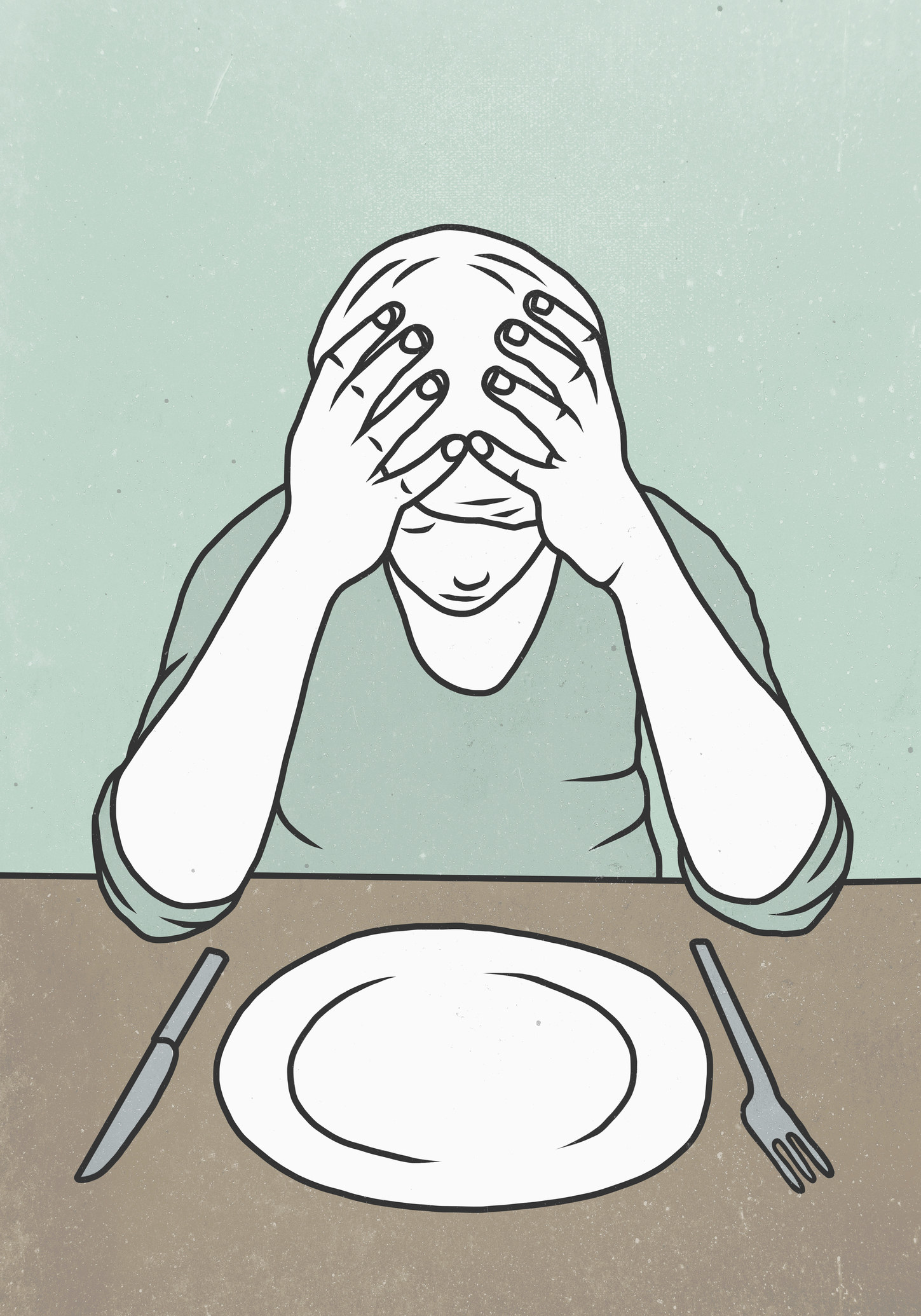

You may be offered antidepressants, mood stabilisers or antipsychotics. It may help with symptoms of depression, anxiety, anger or psychosis. Medication is often used, although no drugs are specifically recommended to treat PD. Schema therapy aims to strengthen ways of thinking that are helpful and change those which are not. Cognitive analytical therapy (CAT) helps you to recognise relationship patterns that cause you problems. While mentalisation-based therapy (MBT) is about being aware of what's happening in your own mind and that of others to help control distress. And you may well need to return to therapy several times and try different types," says Clarke.ĭialectical behaviour therapy (DBT) is commonly recommended, helping you learn to recognise and control your emotions and behaviour. "You should expect to receive an in-depth course of therapy as PD takes some time to treat properly.

Talking therapies are the mainstay of treatment. With help, you can learn to stop the unhealthy coping mechanisms and swap these for more helpful strategies," says Clarke.

"PD is definitely something you can recover from and accept as being part of who you are. I am less impulsive and more able to use skills and techniques to help myself. "My emotions are still intense, but it takes less time to calm down than before. She's also had dialectical behaviour therapy and cognitive analytical therapy. Tilly was referred to the Emerging Personality Disorder team at 18, and has since seen a support worker every week. Things began to fall into place, and it meant I could get the specialist help I needed," she reveals. Gradually, as I learned more about BPD and the criteria, I realised almost all my symptoms and behaviours matched those of people with BPD. "When I was first diagnosed at 18 in a psychiatric unit, I was in denial. I switched between feeling everything too intensely or feeling nothing at all."īefore being diagnosed with BPD, Tilly was diagnosed with depression, mixed anxiety and depression and psychosis, while bipolar, Asperger's and ADHD were also considered. But then at other times, my feelings of emptiness had caused me to attempt suicide on many occasions or to harm myself just so I could feel something. To an outsider, it seemed like I overreacted, but really it was just that my emotions were much more intense. "Little things used to make me explode with anger, I hated social interaction with people I didn't know, I was gripped with anxiety most of the time, heard voices and was feeling suicidal. "The main advantage of having a diagnosis is this is how our mental health services are set up - a diagnosis gives access to the right treatment," points out Clarke.įor Tilly, 21, a diagnosis of BPD at age 18 kick-started her recovery after years of mental health problems. However, a diagnosis is often the gateway to the right support and recovery." "It's still misunderstood and carries some stigma. "The problem with a diagnosis is that it is quite blaming," says Murphy. Specialists disagree over whether having an official diagnosis is helpful. Traumatic experiences in childhood and teenage years such as abuse, neglect, bereavement, involvement in an accident.For example, a chaotic family life, bad experiences at school. The environment you grew up in and what was happening during your childhood years.There is no single 'cause' of a PD, and most experts agree it's a combination of three main factors. Others shut down altogether and avoid relationships." "Self-harm is common to relieve emotional pressure, while alcohol, drugs and casual sex are often used to numb difficult feelings. There are some common signs someone with a personality disorder may show, says Isabel Clarke, consultant clinical psychologist for the italk service, and the Southern NHS Trust, and author of Comprehend, Cope and Connect. PD affects three key areas, she reveals: "your inability to manage your emotions either by being easily overwhelmed or by switching off from your emotions distorted beliefs such as a pronounced fear of rejection or belief that others can't be trusted and difficulties in forming and maintaining relationships because of problems managing emotions and distorted beliefs."

In relation to personality disorder (PD), we mean people whose behaviour often, rather than occasionally, falls at the extreme," explains Dr Naomi Murphy, clinical psychologist, clinical director of the Fens Service for Men with Personality Disorder, and co-author of Treating Personality Disorder. "To be diagnosed with PD you must be over 18 and have experienced difficulties over several years and in multiple areas of your life."


 0 kommentar(er)
0 kommentar(er)
